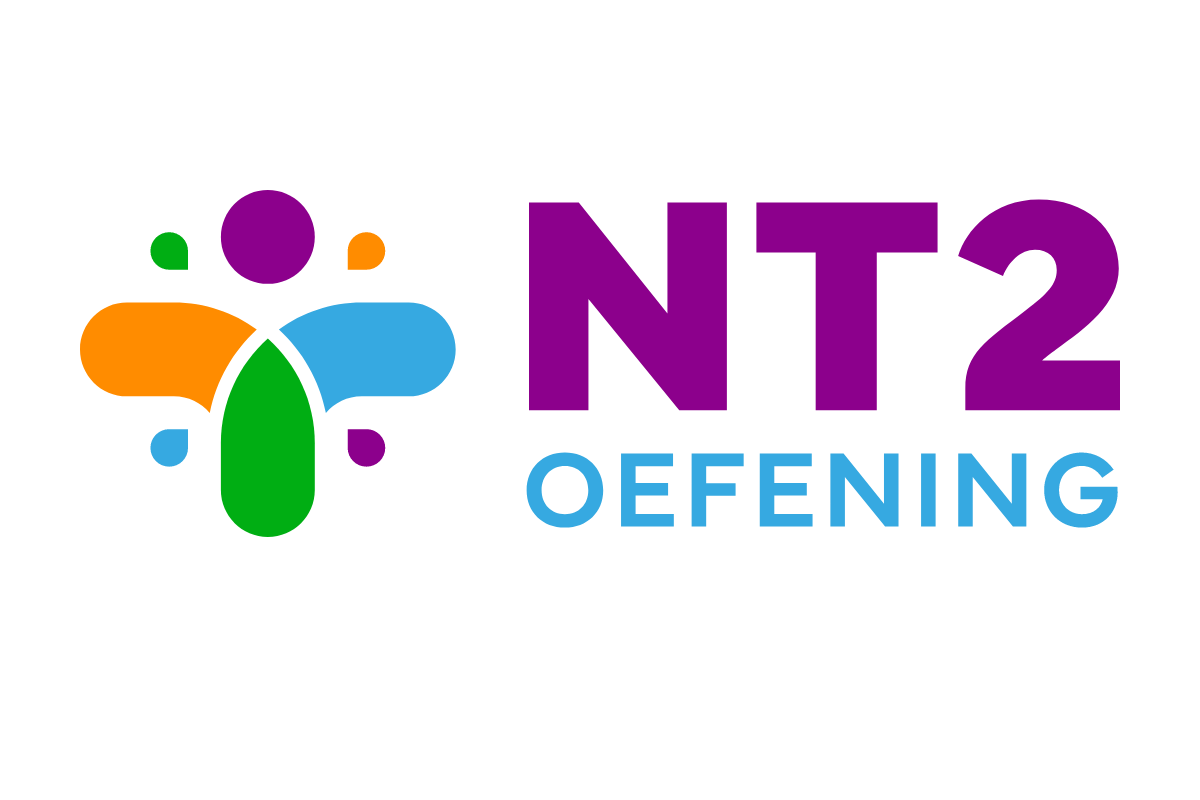Writing is a skill that takes practice, time, and dedication to master. However, with the right strategies and tools, you can improve your writing skills in Dutch. Here are six key tips to help learners of Dutch as a second language (NT2) improve their writing skills.
6 Tips to Improve Your Writing Skills for the Civic Integration Exam
1. Read regularly
Reading is one of the best ways to improve your writing skills in any language, including Dutch. By reading regularly, you’ll be exposed to different writing styles, sentence structures, and vocabulary. Thus, you can develop your own writing style and expand your vocabulary..
When you’re reading in Dutch, try to pay attention to the way sentences are structured. On the other hand, you should also discover how the language is used to convey different ideas. Then, you can improve your own writing skills and make your writing more effective.
2. Write every day
In addition, if you want to improve your writing skills in Dutch, write every day. The more you write, the better you’ll become at expressing yourself in the language. So, you had better start by writing short paragraphs, journal entries, or even tweets in Dutch. The key is to write consistently and try to improve with each piece of writing.
If you’re not sure what to write about, consider using writing prompts or finding topics that interest you. Besides, you can use your daily life experiences as inspiration for your writing. For example, you can write about what you did that day or your thoughts on a current event.
3. Get feedback
You can ask a Dutch-speaking friend or tutor to review your writing. Moreover, they can also provide feedback on grammar, vocabulary, and sentence structure. Because getting feedback on your writing is crucial to improving your skills. Thanks to these feedbacks, you identify areas where you need to improve and provide guidance on how to do so.
If you don’t have anyone to provide feedback, you can also use online tools such as LingoDutch. Our Grammar Correction Model, LingoDutch can provide feedback on grammar and sentence structure.
4. Use writing prompts
Writing prompts are a great way to practice writing and improve your skills. Writing prompts are ideas or topics that you can use to inspire your writing. They can help you practice writing different types of texts, such as persuasive essays, opinion pieces, or descriptive paragraphs.
You can find writing prompts online or create your own. When using a writing prompt, write as much as possible and focus on developing your writing skills in Dutch. So, you will become more comfortable with the language and develop your own writing style.
5. Practice grammar and vocabulary
Grammar and vocabulary are essential elements of writing in any language. In Dutch, there are many different verb tenses and grammatical rules that you need to be aware of. Therefore, it’s important to practice these rules and learn new vocabulary regularly.
There are many online resources you can use to practice grammar and vocabulary, such as Duolingo, Babbel, or Memrise. Besides, you can create flashcards or use vocabulary lists to improve your knowledge of Dutch words and phrases.
6. Keep a language diary
Keeping a language diary is an effective way to track your progress and reflect on your writing skills. In your diary, you can write about your writing goals, challenges, and successes. You can also use your diary to practice writing in Dutch and experiment with different writing styles.
When writing in your diary, try to use the language as much as possible. Thus, you will become more comfortable with the language and develop your own writing style. You can also use your diary to practice grammar and vocabulary, and to track your progress over time.
Improve Your Skills via Nt2 Oefening
Improving your writing skills in Dutch requires practice and dedication. At Nt2 Oefening, we understand the importance of improving writing skills in Dutch for learners of NT2. That’s why we offer a variety of practice exams designed to help learners improve their writing skills. Our platform provides a real exam format in writing to help learners become more confident writers in Dutch.
Whether you’re just starting to learn Dutch or you’re looking to improve your writing skills, Nt2 Oefening is here to help. Our platform is designed to be accessible and user-friendly, making it easy for learners of all levels to practice and improve their writing skills in Dutch. Be sure to also check out our articles on reading and listening skills.
Follow us on social media!

